DURABILITY AND TRANSVERSALITY OF WATER STRESS ON THE ECONOMY, AND THEREFORE ON TOURISM! CROSSROADS OF THE PAST AND PRESENT OF WATER! REFLECTIONS ON FORGETTING THE ESSENTIAL!
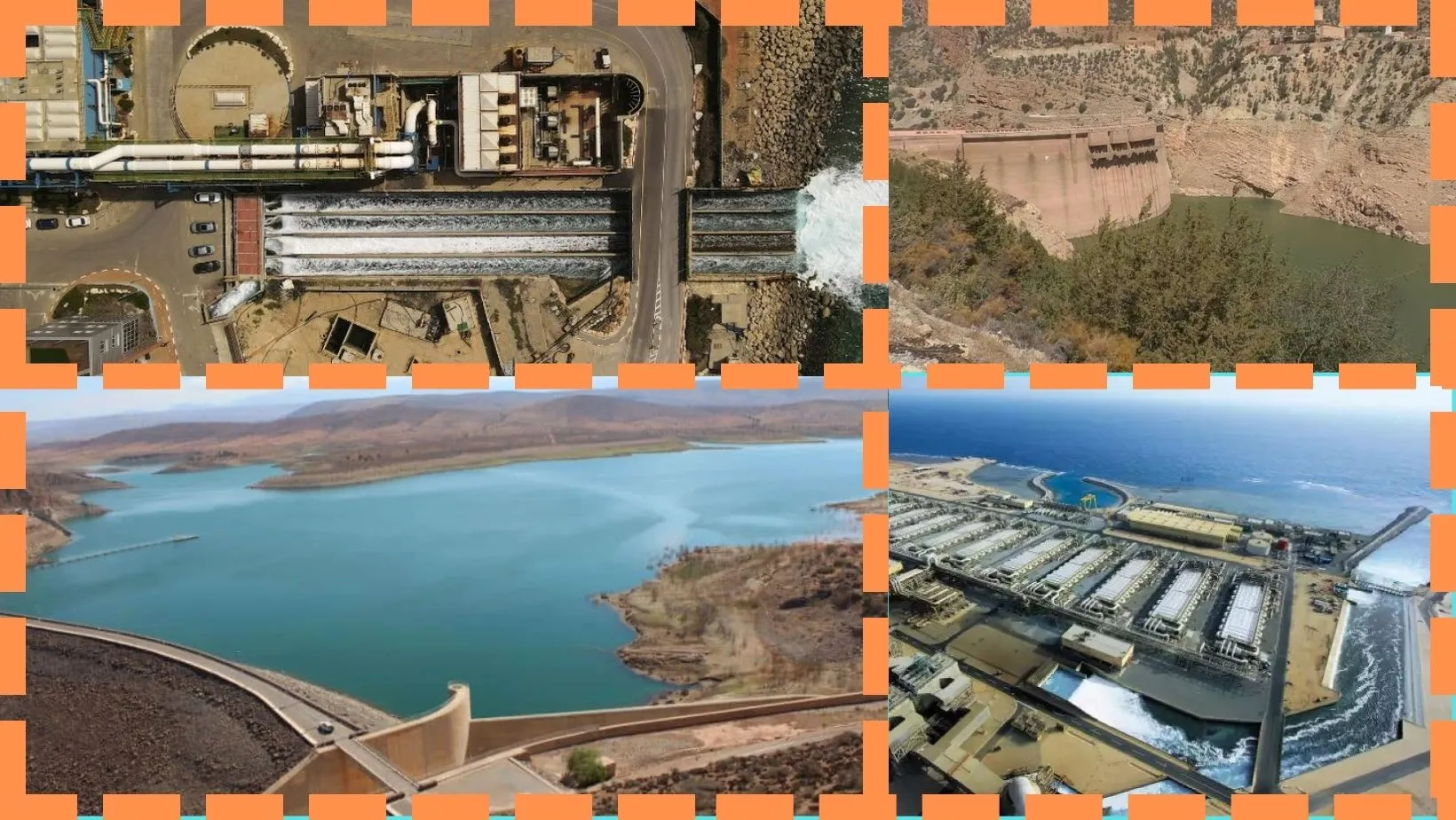
The European Commission has just released a report on the alarming level of drought in Mediterranean countries at the beginning of the year 2024. The Maghreb, particularly Morocco, is the most affected area by the drying up of vegetation and soil. This is evidenced by satellite images and soil moisture maps.
Morocco has been facing six consecutive years of drought. Ahmed REDA CHAMI, President of the Economic, Social and Environmental Council (CESE), has sounded the alarm regarding the water crisis in Morocco during the "Carte blanche" meetings. He emphasized the imminent risk of precipitation scarcity in the next fifty (50) years, warning about the need for a structural response to this pressing challenge and urgent awareness among Moroccans about this threat.
Nizar BARAKA is implementing meters on all wells to prevent overexploitation of aquifers due to water scarcity. On the other hand, Mr. Hamid BENTAHAR, President of the CNT, argues that tourism, representing 0.2% of national consumption, must take a stance in preserving water for sustainable and equitable development of our territories.
Mr. CHERIF ALAMI, President of the CRT of Casablanca Settat, highlights the measures taken by the ministry in the renovation of hotel bathrooms. He mentions that estimates indicate average daily water consumption of 150 liters per day for 4,3, and 2-star hotels and 300 liters for 5-star hotels. He specifies that more than half of the 4000 hotel units in the kingdom comply with rules related to water conservation and energy efficiency. He emphasizes that agriculture, being the true water-intensive sector, is the main contributor to the water shortage, and doubling the number of tourists to 26 million will not make tourism responsible for this scarcity.
Is it really the question? Shouldn't we rather reconsider the regional technical feasibility of territorial development? Also, one must question the diversity of reactions to the issue of whether to revise our tourism model. Indeed, while various actions in sustainable tourism are stated, do they genuinely address the concern and, on the other hand, the realities on the ground considering available water basins and reserves during prolonged periods of water stress? Furthermore, by continuing to concentrate tourism facilities irresponsibly in cities and areas prone to uncontrollable climatic uncertainties already defined as irreversible, we must question the need for a revision of our tourism model.
In this context, one might wonder why and how, 12 centuries ago, the Almohads had the technical intelligence to think about inter-regional water highways in Rhamna, with underground cisterns in Sidi Bou-Othmane, and for Southern Morocco with the Guetteras during the conquest of Africa, the Maghreb, and Morocco, in lands they defined as arid and semi-arid. This led to the birth of an Oasian economy, which was only broken and destabilized by the organized extraction of its workforce by German and French colonization at the end of the 19th century, breaking a sustainable economy that lasted 11 centuries! Eco-societal techniques from the Mashreq, aimed at saving thirty percent (30%) of evaporation and enhancing the reinforcement capacities of aquifers through the stabilization of floodwaters and melting snow in underground areas to replenish groundwater, were part of common-sense human engineering, far from futuristic AI visions.
A pause for thought should be taken to consider the reasons for the delays in reacting to what can also be defined as obstacles to innovation and critical thinking for all projects formulated in a timely manner, only to be set aside. As always, there will be a reluctance to define and acknowledge the reasons why. Water has always been managed by common sense, taking into account geological, geographical, and vernacular aspects in perfect harmony between territorial capacities and needs, not the other way around.
Thus, 23 years ago, as Vice-President of the French Chamber of Commerce and Industry in Morocco (CFCIM) and Co-President with Mr. MARTINET, President of the CFCIM in Casablanca, we proposed a "water pact of His Majesty King Mohammed VI with the rural world" in response to the state of the global agricultural sector in 2001. Recognizing that only inclusive agriculture remained reliable due to water management practices (noting that Morocco and Israel were its best advocates), the proposal included a comprehensive reforestation policy with strong participation from the rural world to preserve Morocco from water stress and dam siltation.
Simultaneously, I initiated, following a personal agreement with the technical direction of the City of Geneva, a concession of 1000l/second for a project to create an aqueduct to initiate inter-regional water highways in Morocco. This marked the beginning of a possible response to an emerging problem. While pipelines and gas pipelines, Greeks and Romans had aqueducts, Saudi Arabia considered towing icebergs. Why not! This agreement was made on a relational level, considering my desire to establish a sustainable territory adjoining Jbel Bani, confirming a growing water stress determined by a steep decline in water indicators from 3000m3/inhab. to 1500m3/inhab. in about a dozen years. As of today, we are at approximately 550m3/inhab/year, while the accepted global average is 1000m3/inhab/year.
Establishing the Moroccan Association for the Development of the Jbel Bani Geopark (AMDGJB) in April 2015 under No. 1954-36, where I became president, located in the Jbel Bani region in Tata and serving as Vice-President of the Regional Tourism Council of the Guelmim Es Smara region, I advocated both the rehabilitation of the Guetteras networks and initiated our project for the Sustainable Territory of the Jbel Bani Geopark (TSGJB) to promote Geo-Agro-Tourism. This considered the need for cross-disciplinarity for territorial sustainability, combining an eco-societal program of Permaculture in Aromatic and Medicinal Plants (AMP) along with bee-friendly plants. The key pilot projects included:
Water conservation.
Inclusion and integration of populations into a green and circular economy through hundreds of women's associations, ensuring income and rural exodus stabilization.
Ecosystem rehabilitation through the reintroduction of the Saharan bee, thanks to honey-producing fields from the TSGJB.
Creating a rural societal economy by generating employment for youth, women, and civil society. Implementing a replacement agriculture for the palm grove, considering the use of brackish water for an inclusive and integrated regional and provincial industry of "methanization and biomass." This would produce methane, ammonia, and green hydrogen, defining a productive rural mode for the future that stabilizes rural exodus, giving Morocco time to recreate its Maghreb and African sovereignty. I presented and highlighted this project as the President of the Hydrogen Research Commission of the Moroccan Hydrogen and Development Association (AMHYD) during the international event managed by Mr. Fassi Fihri of AMADEUS under the theme "Morocco as an Energy Exporter" in Rabat.
At this stage, can we speak of misplaced ego? Certainly not, but rather of convictions and reasons to live. I stand by these choices by identifying the irrational aspects of local, provincial, regional obstacles, as well as those of professionals and certain officials entrenched in their roles, acting for interests other than those highlighting the impasse and even the impediments to overcome, and sometimes an abuse of power!
I justify my own choices by feeling them necessary for several reasons:
The need for regulation of rural exodus due to the incapacity of urban areas to integrate populations facing the threat of water stress if nothing is done.
The need to reconsider territories based on their watersheds rather than solely for administrative and vertical sovereign reasons, which are not adapted to the new variations of climate change, unlike the Advanced Regionalization and New Forms of Development advocated by His Majesty the King. We confirmed these declarations of intent, made near UNESCO, by emphasizing the need to revise the definitions of UNESCO Geoparks in favor of those of Sustainable Territories, as stated in "our declarations of September 2023" proposed at the 10th World Geoparks Conference in Marrakech.
|
INTERNATIONAL DECLARATION |
INTERNATIONAL DECLARATION |
AMDGJB Declaration of Geoparks |
By:
• The need to regulate border spaces!
• To restore territorial vernacular pride to populations, offering them the capabilities for personal achievements in their environments and cultural heritage, without getting bogged down in unknown urban intricacies culturally unsuitable. Additionally, providing them with the capacities of geo-eco-touristic niches to consider job replacement solutions due to climate change.
This analysis is to emphasize that putting everything in the same basket cannot claim to be territorial planning if it is recommended only technocratically, omitting:
• Sustainability with its fundamental pillars of adapted sustainable employment, inclusion, and integration through a consensual and shared eco-societal approach.
• Stopping only to meet the needs of professionals who want to concentrate activities in obsolete places due to an obsession with profitability, omitting all prudence rules in investment, and on the other hand, responding to the needs of creating tourist niches adapted to Moroccan populations, going in some cases:
• Forgetting the notions of creating bubbles and over tourism after an event!
• Concentrating on a single niche in a single place when others can fulfill it!
• Being able to demolish even before designing impact studies that can define the realities of situations experienced and internationally recognized for what they are!
So, yes, resolutions have been taken (late but taken) with the desalination plant projects. These, starting with the bold one in Agadir, followed those in the southern provinces already implemented for several decades but already raise questions about quality and quantity! In this regard, what about impact studies? The rejected brines devastate and will devastate marine ecosystems, affecting both coastal and offshore fisheries, which, with the currents, will eventually close these migrations of already depleted marine species! Who still remembers the Sardine of Safi! That's all in the past! Impact studies are necessary in a timely manner for flora, fauna, and humanitarian aspects, respecting livable and sustainable environments! Tourism is an integral part of these resiliencies through its transversality! Moroccan tourism will live from its Moroccan identity, with its identities and authenticities capable of facing any attempts at competition and/or financial destabilization that some countries driven by confirmed global economies try to create without the soul to support it, provided that:
• It is conceived and undertaken sustainably.
• The realities of the land that has supported it until now are taken into account, and timely options are taken while looking ahead without forgetting its roots that sustain it against all odds!
For this, territorialization becomes major in its strategic choices for a future determined by results that are no longer those that governed the world until now!
• Morocco asserts its Maghrebian and African sovereignty.
• The desert can become El Dorado, and lands become riches when they are rare!
• The desert and the coastal areas can be both tourist and renewable energy destinations!
• Agriculture, in some cases, must be able to step aside for the mineral, water being just as necessary, but without sacrificing its populations!
• A city first in tourism for now must be able to choose to step aside to make room:
For other cities and places, all equally deserving, where the future will bring just as much national success, in a more diversified, secure manner!
These are political choices and not just those of professionals who, certainly driven by a sincere impulse, forget the foundations of territorial development, which can only be national or at least public/private, knowing that:
• Competition will be increasingly tough.
• Means will differ according to needs.
• The Moroccan population needs shared resolutions to recognize themselves in these
• Tourism projects in which they still do not recognize themselves!
Good luck to all.
Patrick SIMON - SUSTAINABILITY - February 28, 2024
Les tags en relation
Les articles en relation
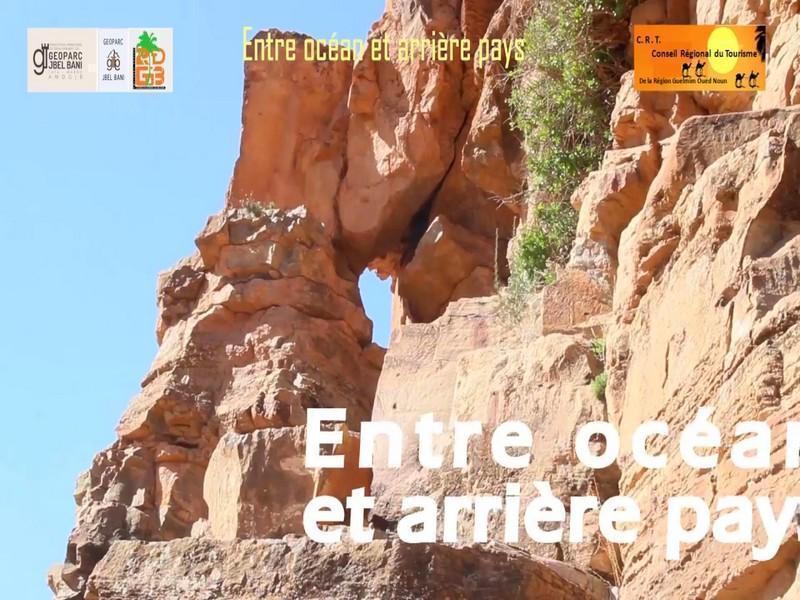
En vidéo : Sidi Ifni une province de Guelmim-Oued-Noun
SIDI IFNI est depuis 2009 une province de la région Guelmim-Oued Noun. Aussi chef-lieu, la ville tire son nom du marabout de la région et elle est la capitale...
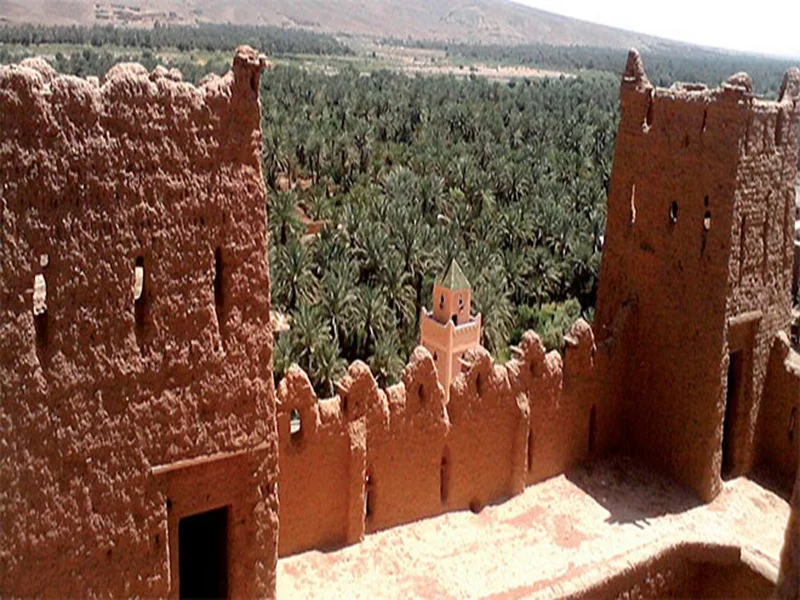
Sud Maroc -Sècheresse - Agriculture oasienne : Un écosystème millénaire en déperdition
Dans les régions arides et semi-arides qui définissent l’économie oasienne, investie il y a dix siècles (depuis la deuxième arrivée arabe dans ces régi...
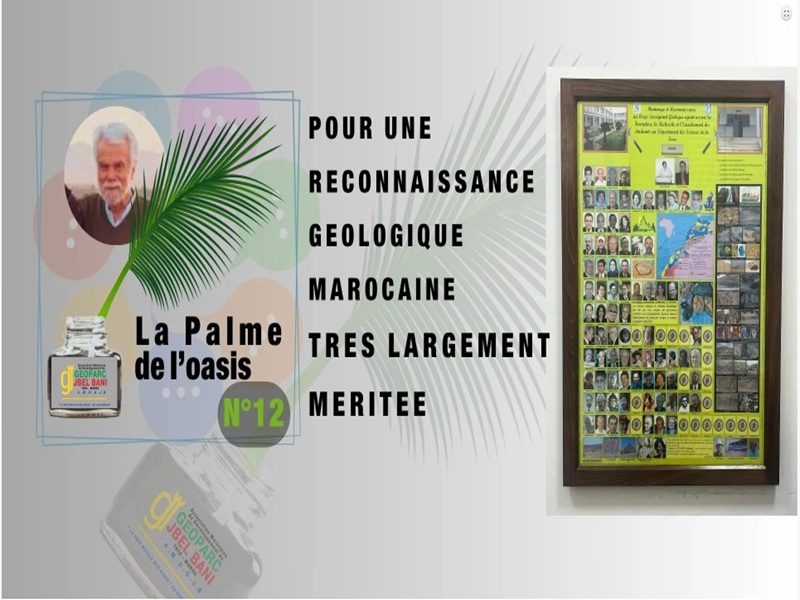
La Palme de l'Oasis 12» POUR UNE RECONNAISSANCE GEOLOGIQUE MAROCAINE TRES LARGEMENT MERITE
Dans le cadre des relations soutenues que nous entretenons avec le Pr Mohamed WARTITI en sa qualite de membre fondateur (demissionnaire) de notre Association Ma...
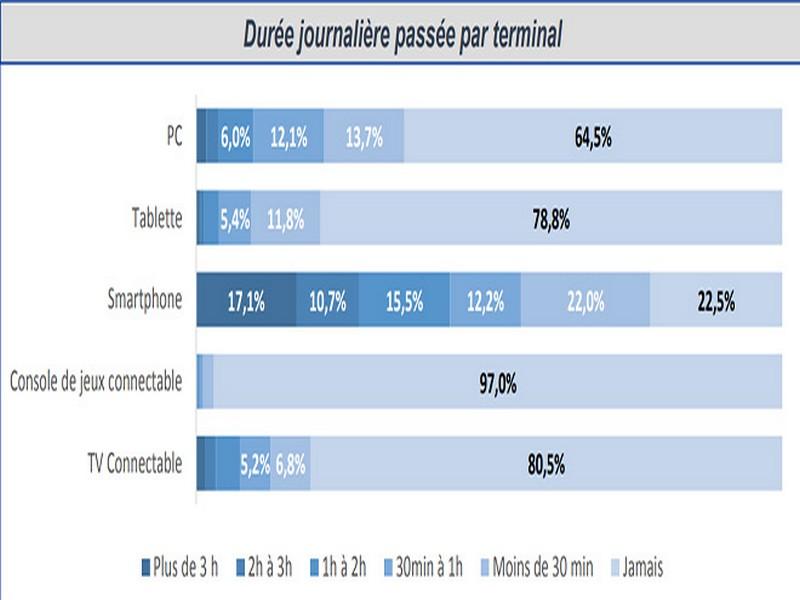
Internet: Les Marocains restent plus longtemps connectés!
Selon l'Agence nationale de réglementation des télécoms, les internautes marocains se situent au dessus de la moyenne mondiale de près de 8 points (54% ...
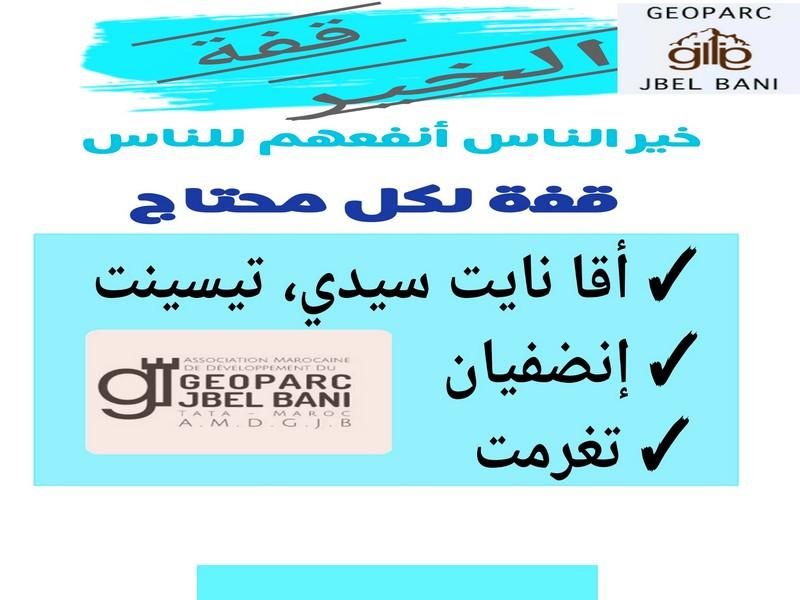
Face au coronavirus: l'AMDGJB geoparc jbel Bani se mobilise pour les familles en situation difficil
AMDGJB Association Marocaine de Développement du Géoparc du Jbel Bani ...
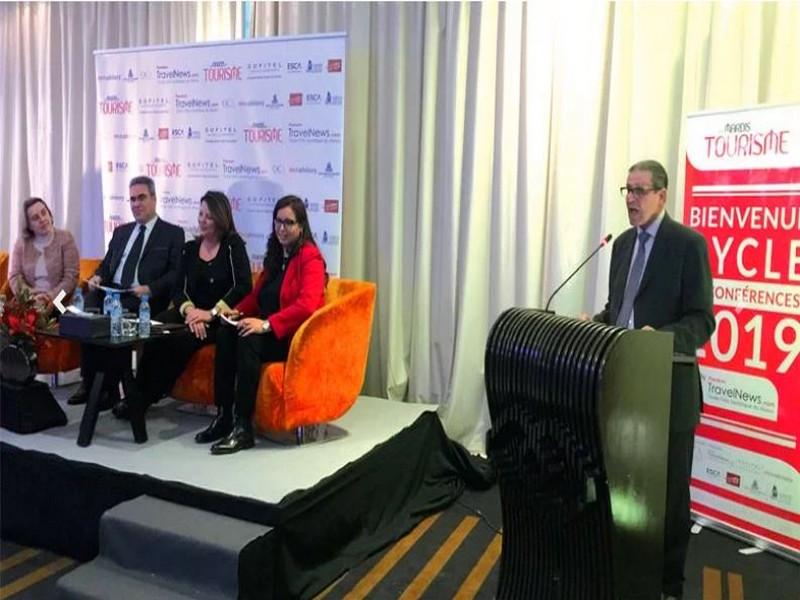
Formation en tourisme : un bilan mi-figue mi-raisin
Quel que soit le secteur économique concerné, la formation des ressources humaines constitue un enjeu de compétitivité incontestable. Et quand celle-ci épo...
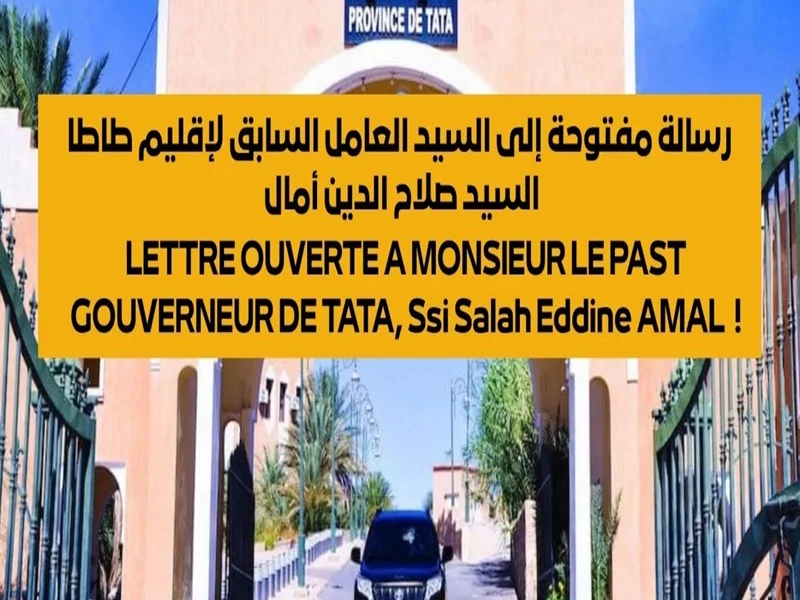
LETTRE OUVERTE A MONSIEUR LE PAST GOUVERNEUR DE TATA, Ssi AMAL Salah Eddine !
En étant persuadé de pouvoir trouver en votre successeur les chemins de résolutions ! Monsieur le Gouverneur, vous ayant à maintes reprises interpellé ...
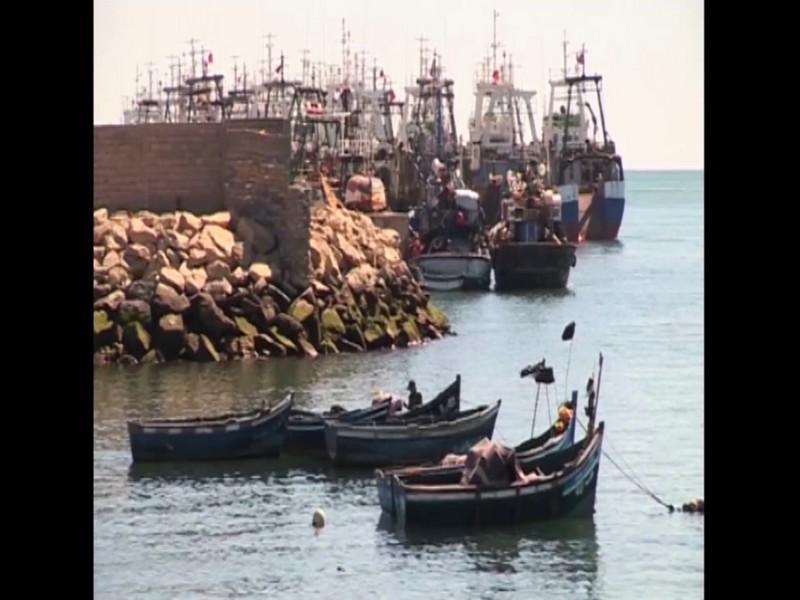
En vidéo : L’expérience touristique à la découverte de la région Guélmim Oued-Noun
La région Guelmim Oued Noun est l'un des douze territoires administratifs du nouveau découpage territorial Marocain arrêté en 2015. Elle s'étend su...
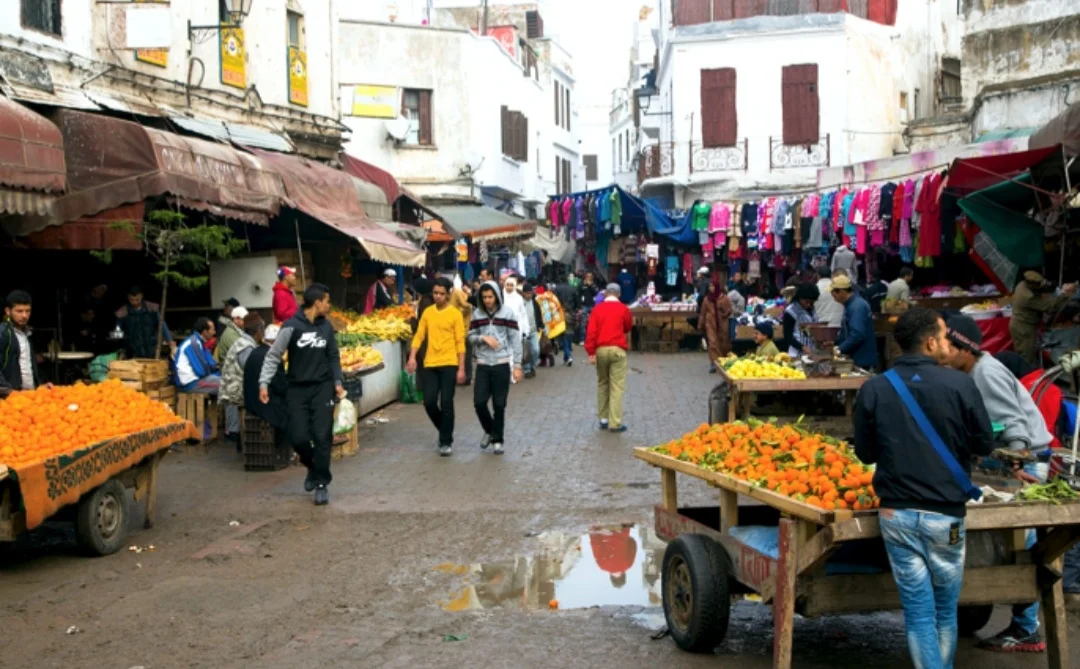
L’informel, c’est nous !
Lundi dernier, soit le 13 décembre, la Chambre des conseillers et le CESE ont présidé un colloque portant sur l’épineuse thématique de l’informel, ce c...
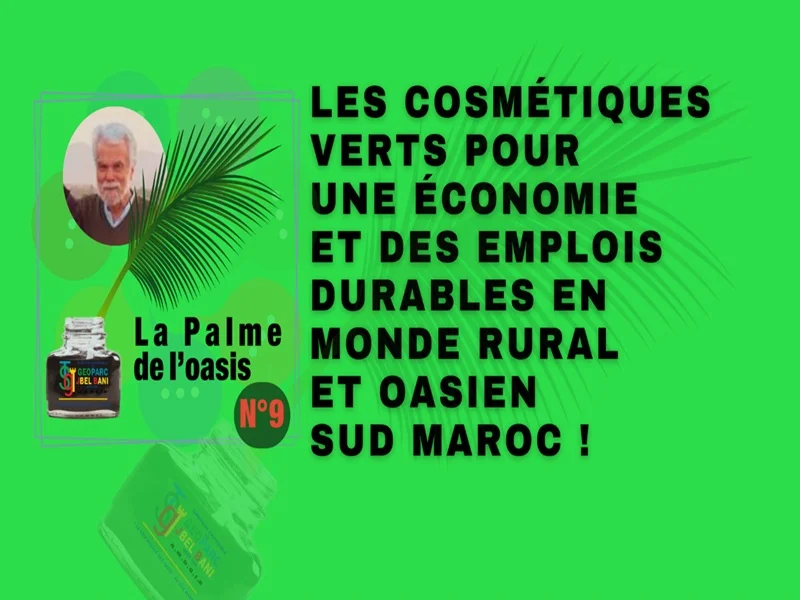
LA COSMETIQUE VERTE MAROCAINE, POUR LA SAUVEGARDE DE LA BIODIVERSITE DES ZONES OASIENNES DU SUD MARO
Dans le contexte du Territoire Soutenable du Géoparc Jbel Bani (TSGJB), qui s’intègre globalement dans les limites géographiques du Bassin Versant du Draa-...

Séminaire FNIH sur le marketing digital en hôtellerie
« Les tendances de l’hôtellerie et les techniques du marketing digital pour l’optimisation », tel est le thème du prochain séminaire qui sera organisé...
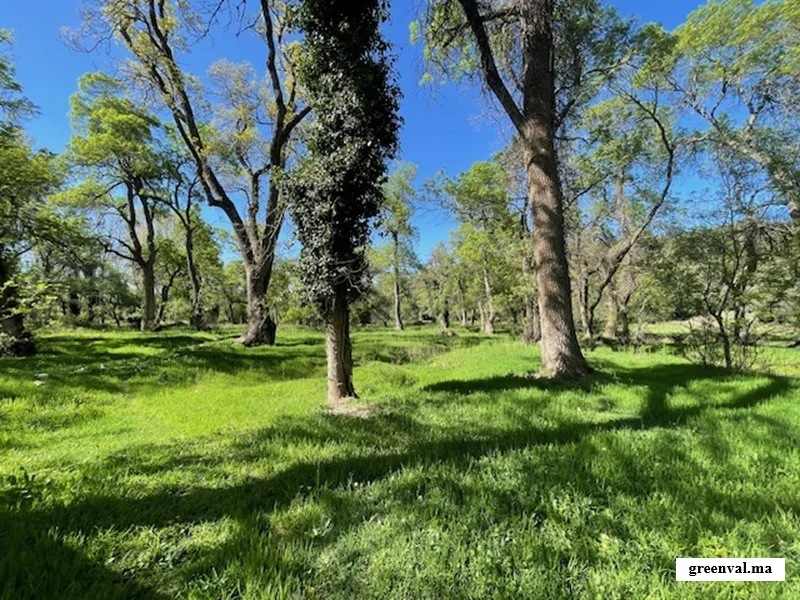
Tourisme durable au Maroc : conférence internationale à Ifrane
La ville d’Ifrane abritera, le 24 septembre 2025, une conférence internationale de haut niveau dédiée au tourisme durable et à l’écotourisme. Organisé...


 jeudi 29 février 2024
jeudi 29 février 2024 0
0 
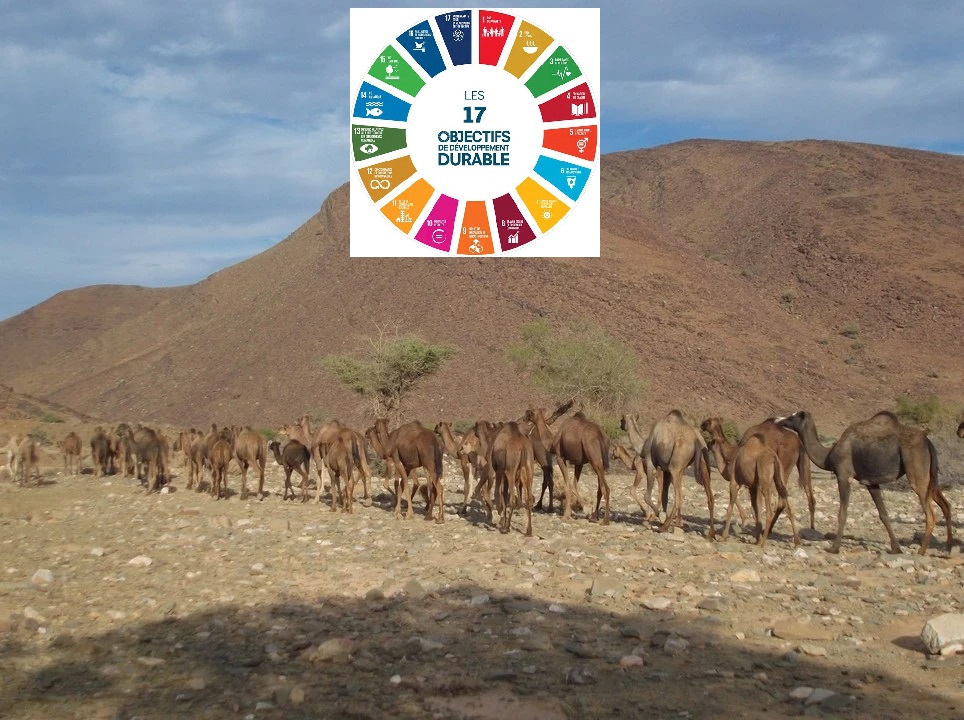
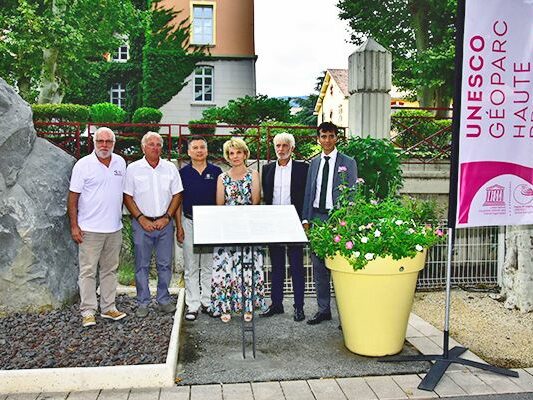
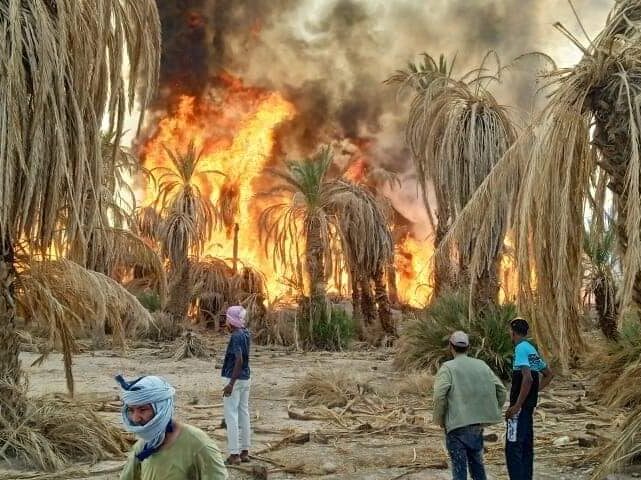
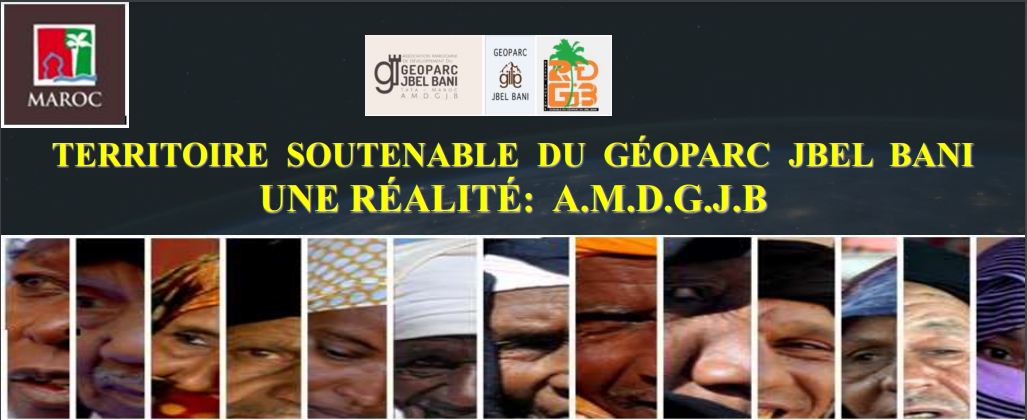
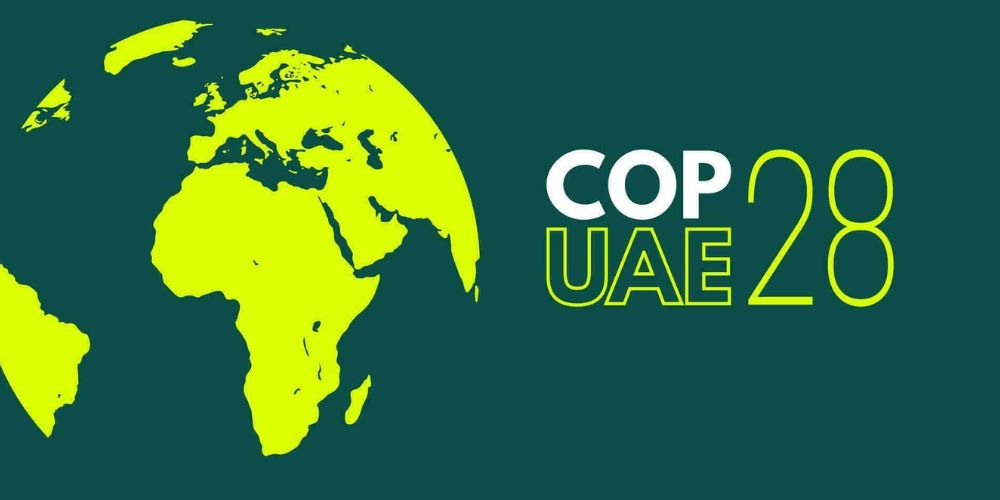


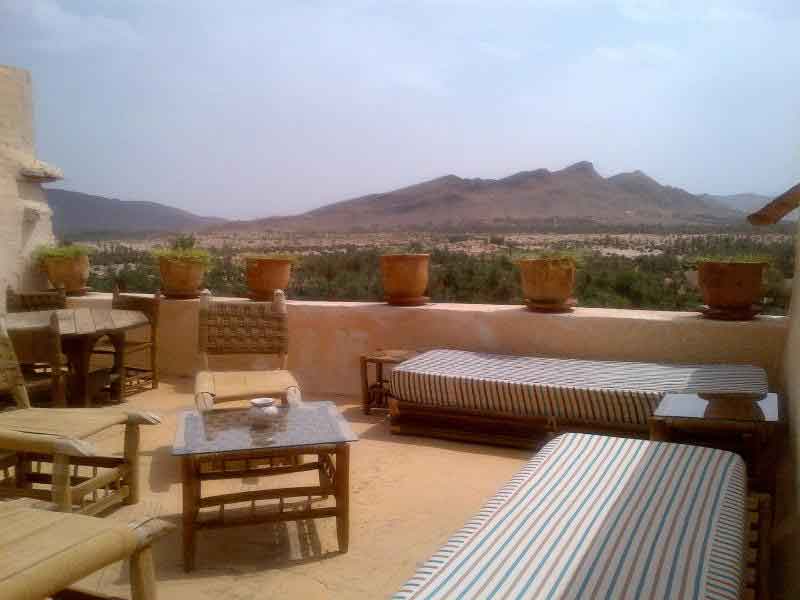
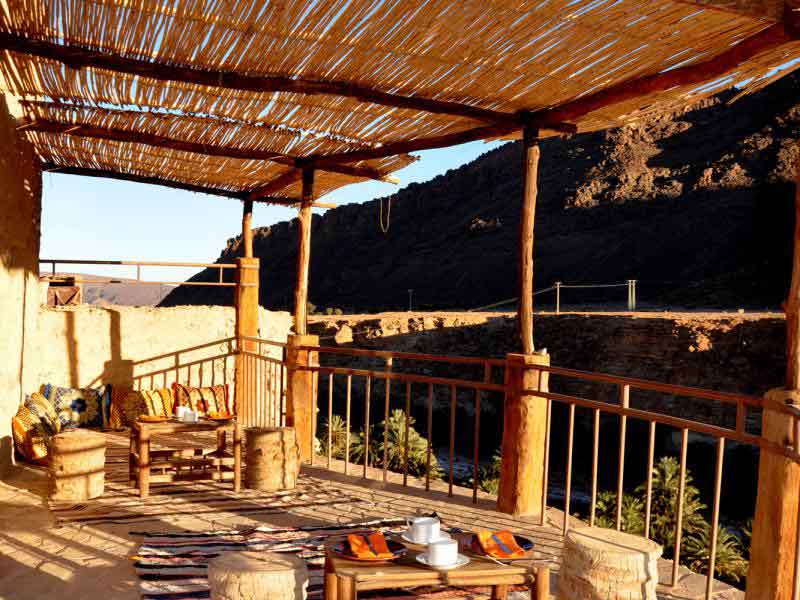
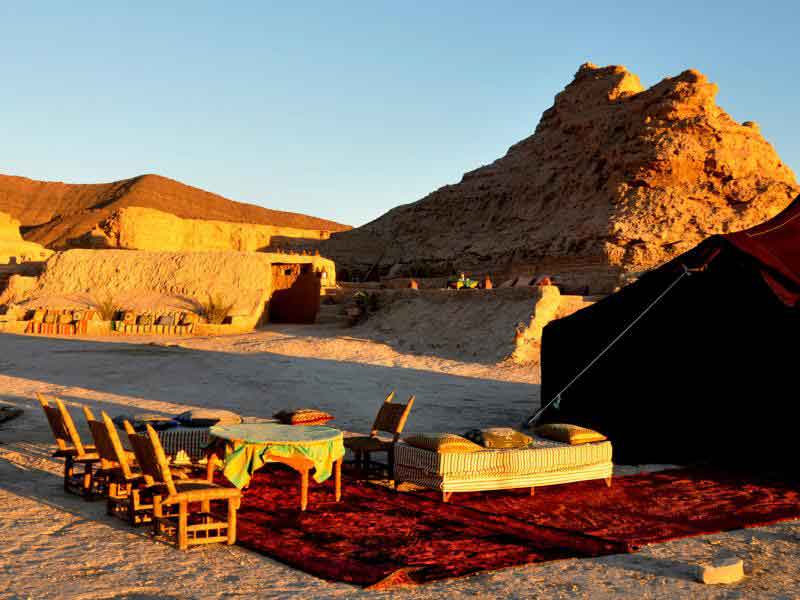
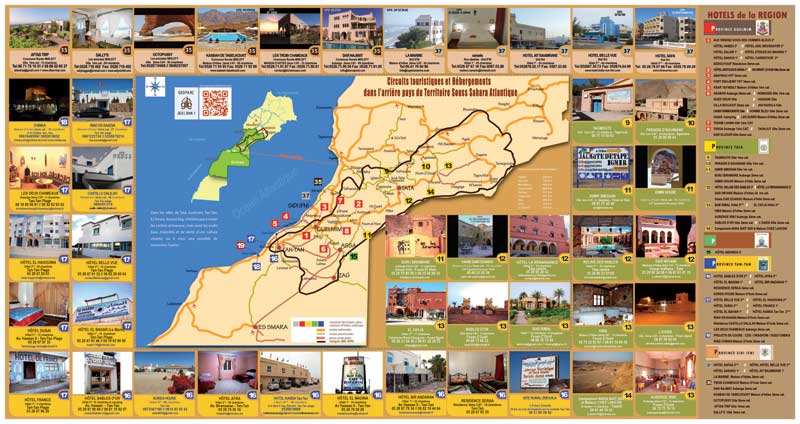
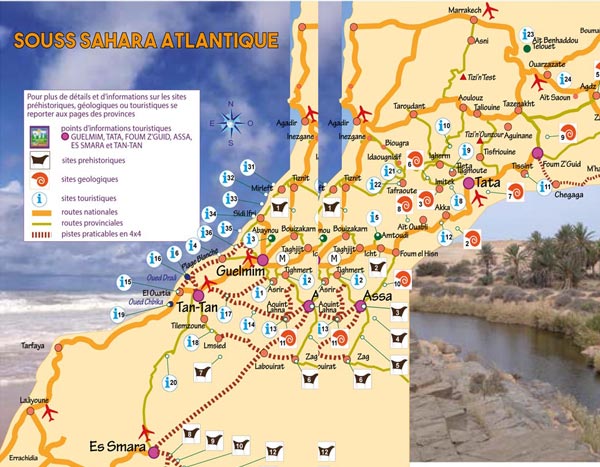
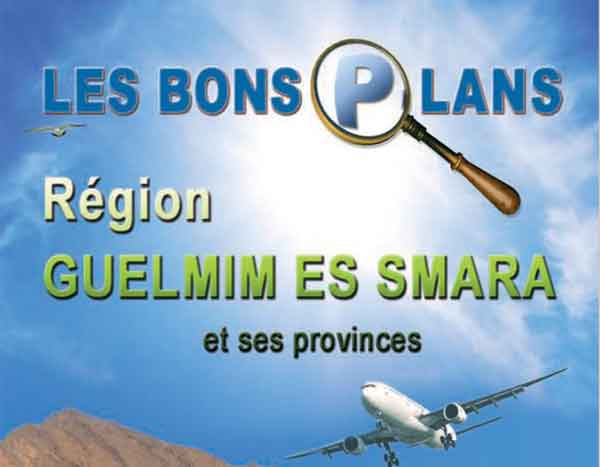
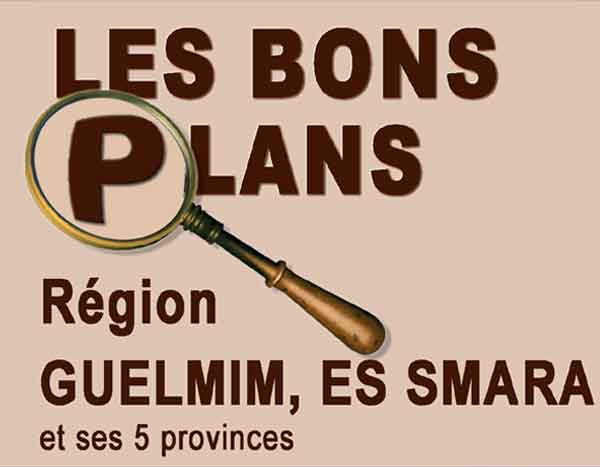
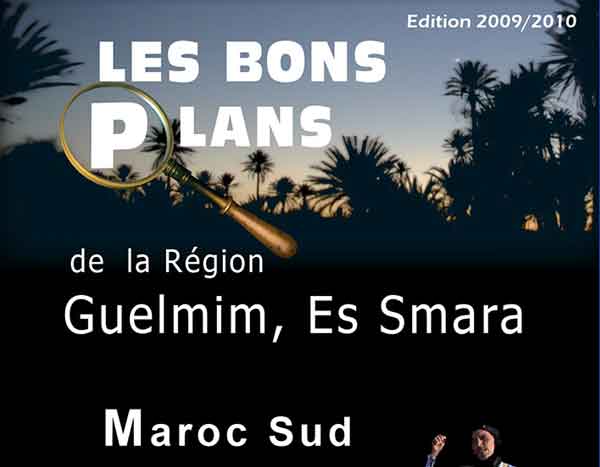

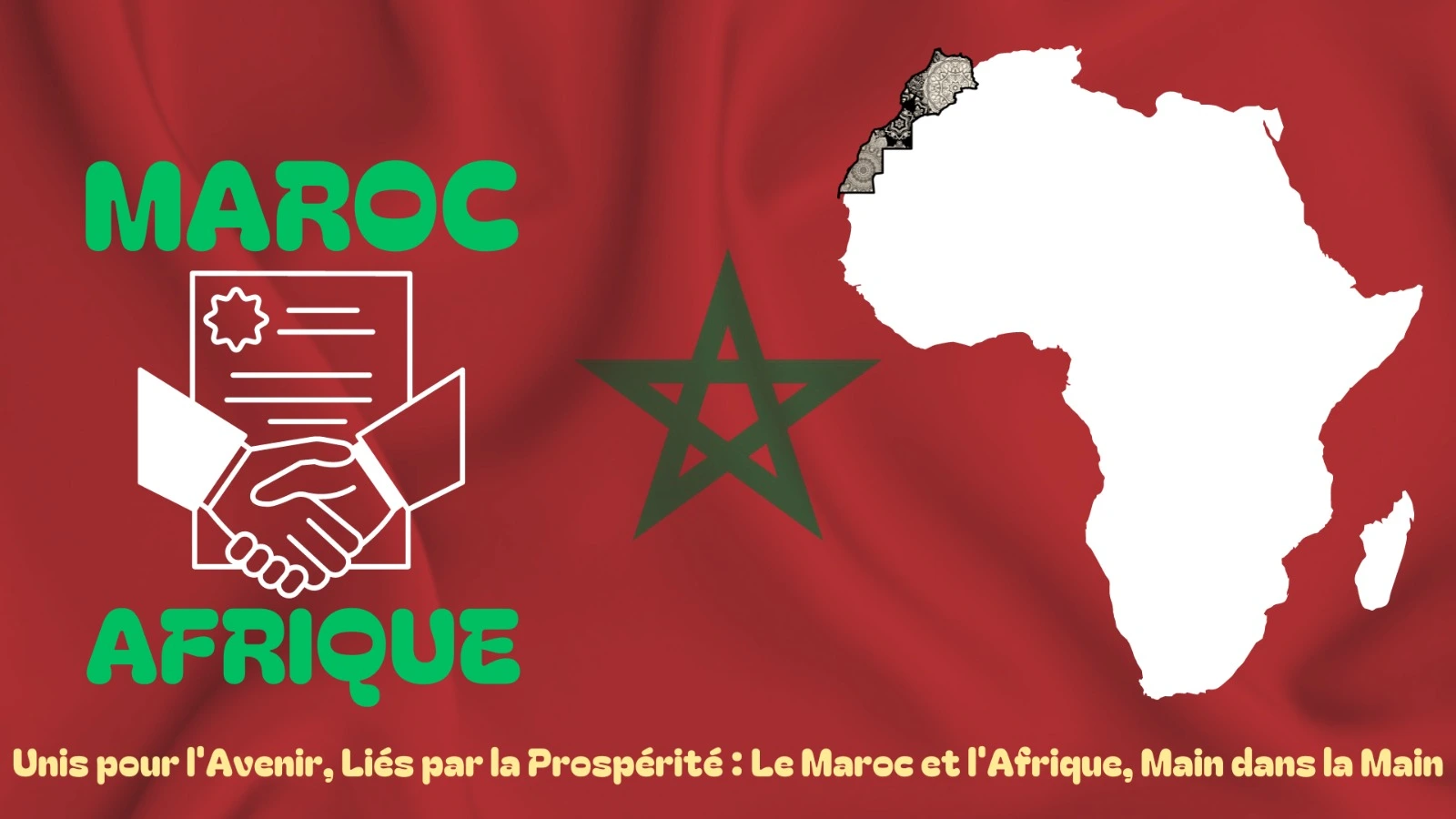
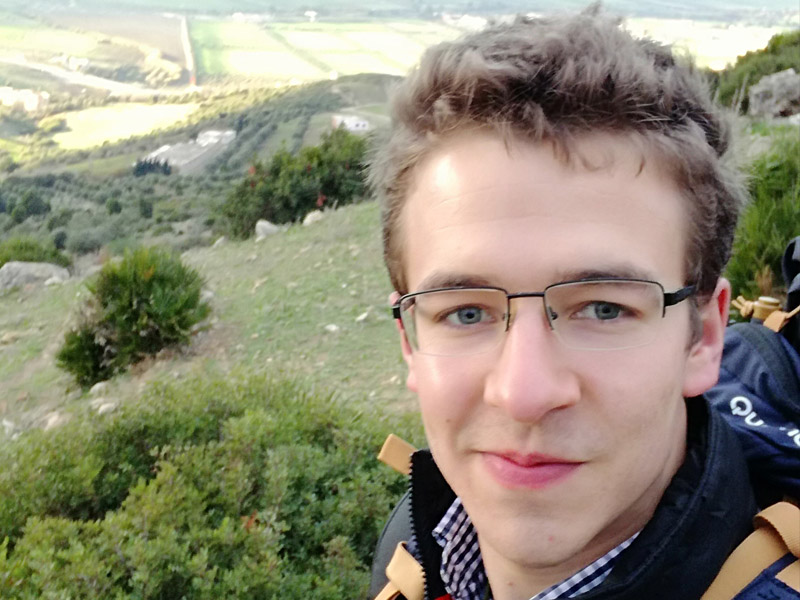
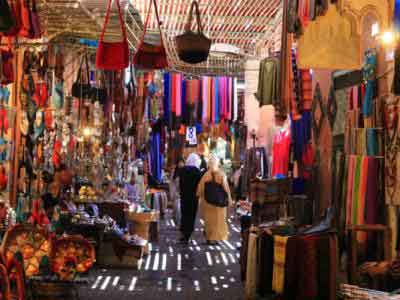
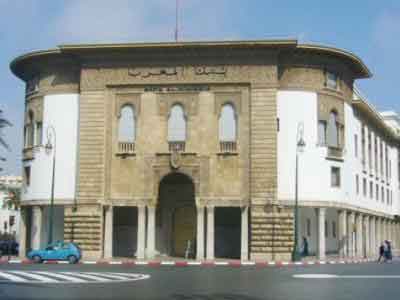
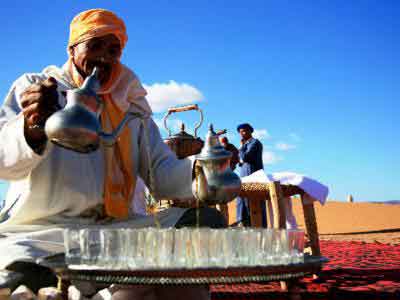


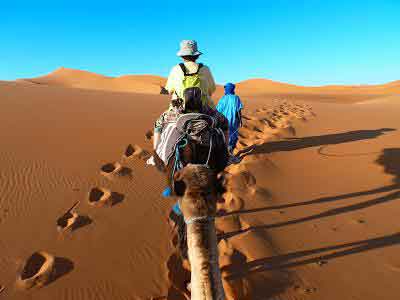
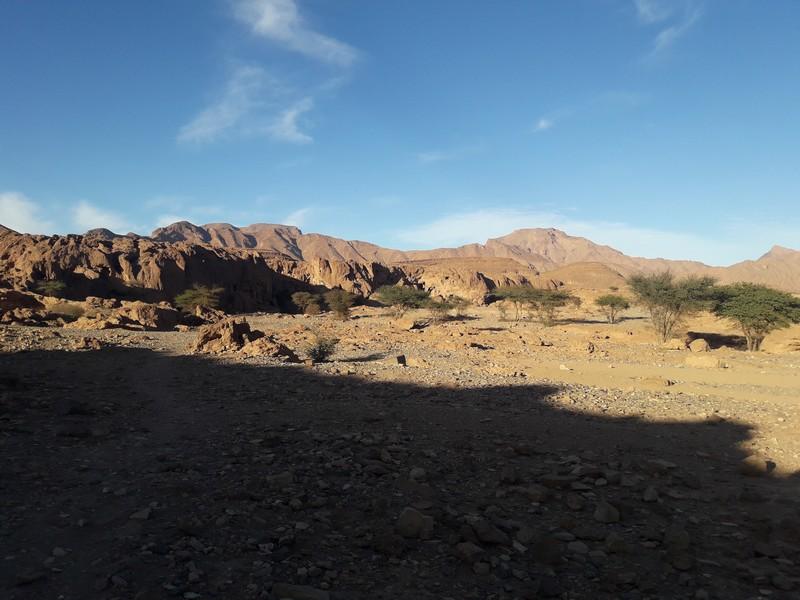
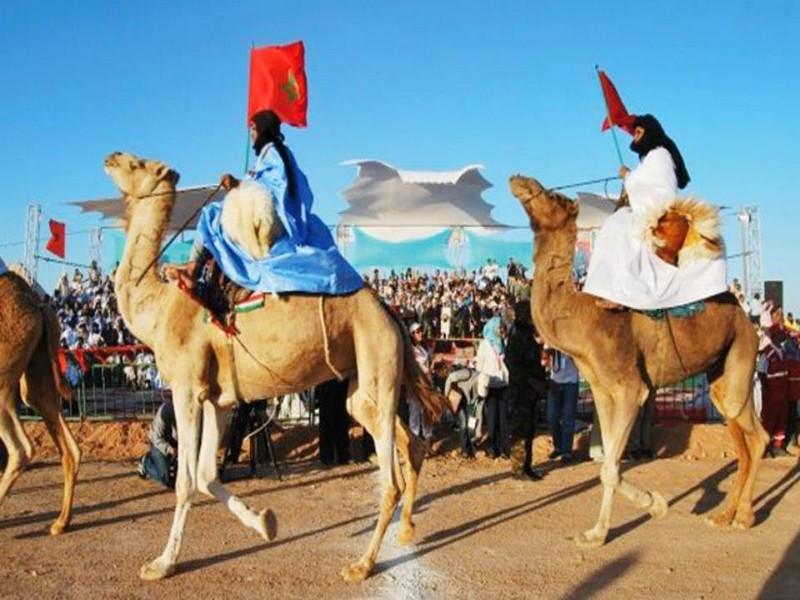
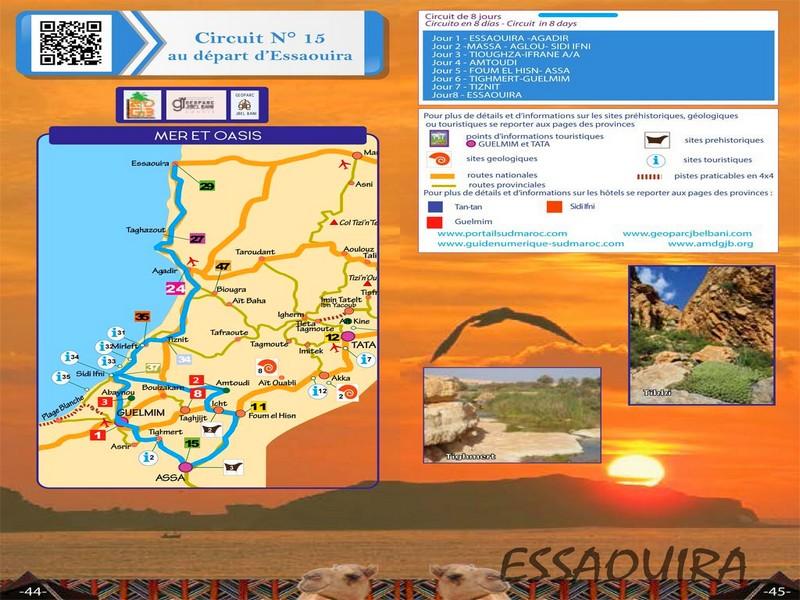
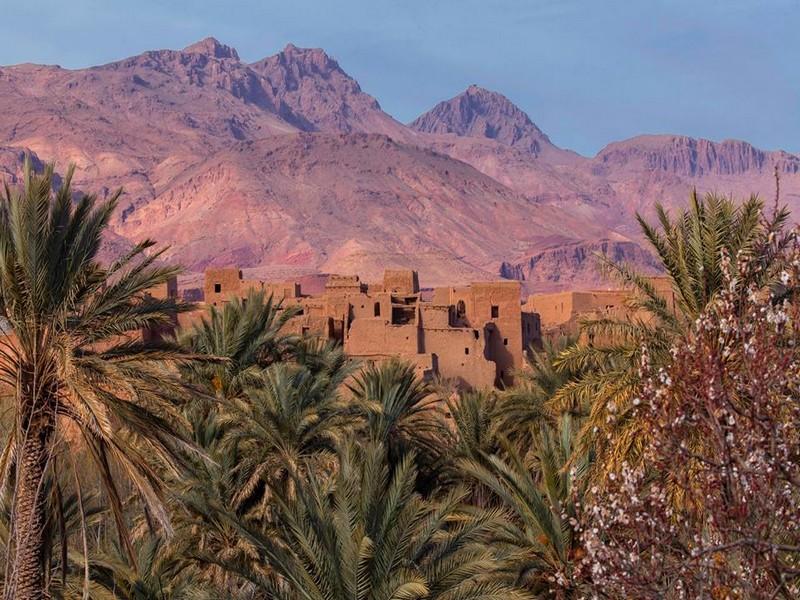
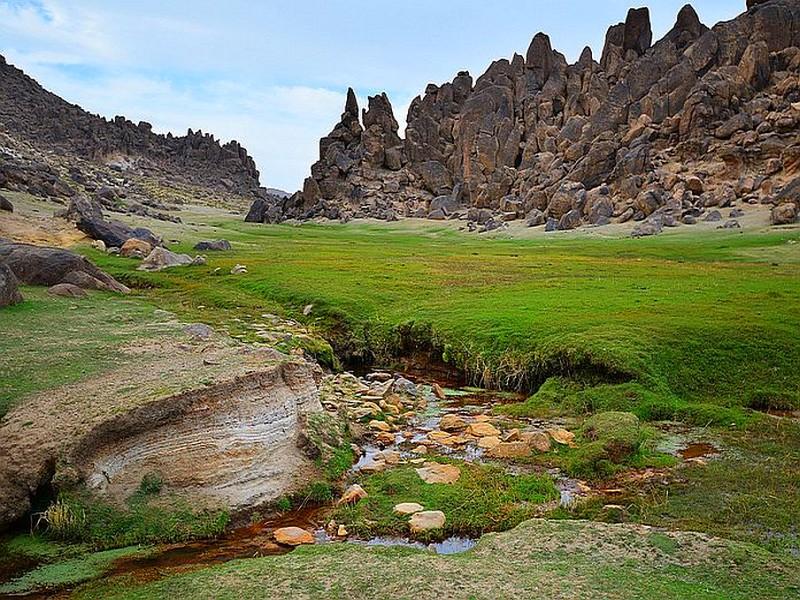
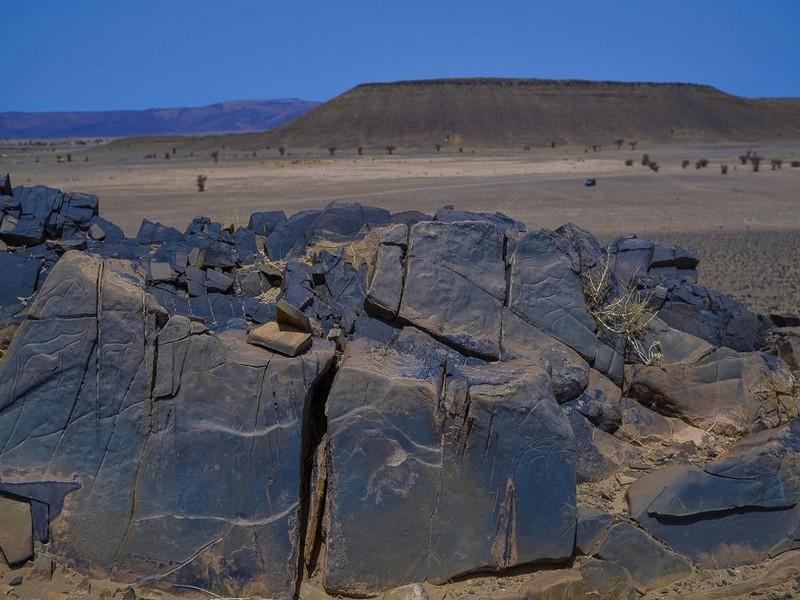
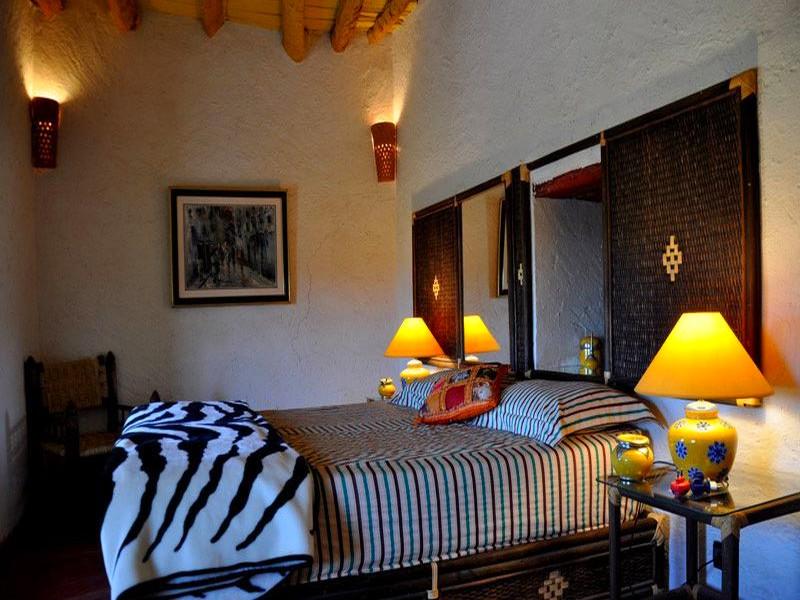
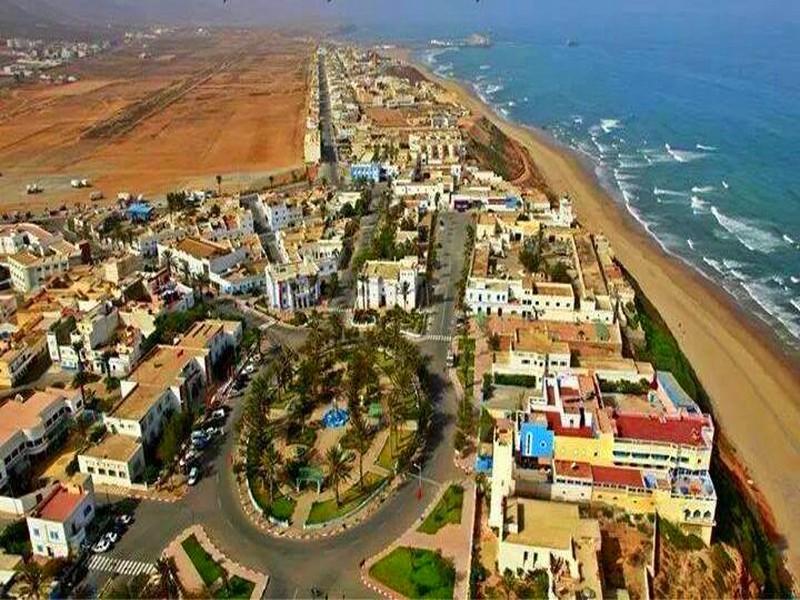
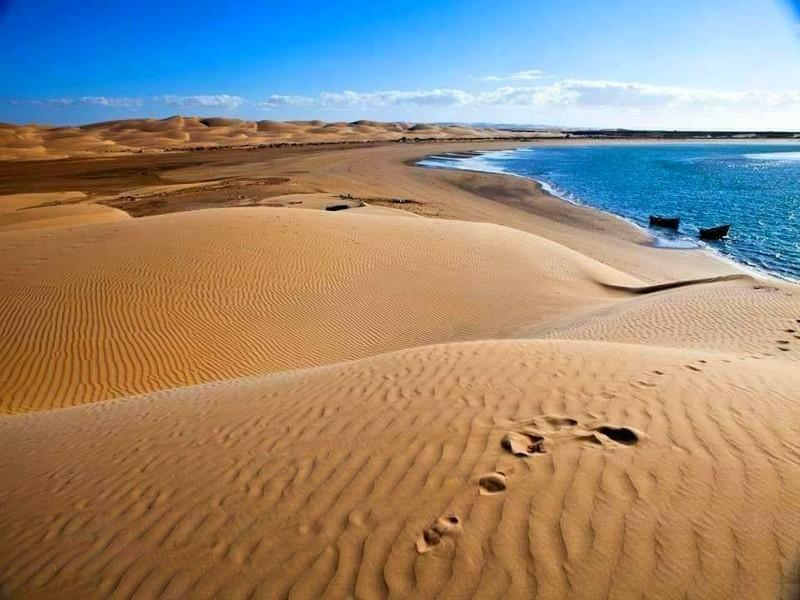
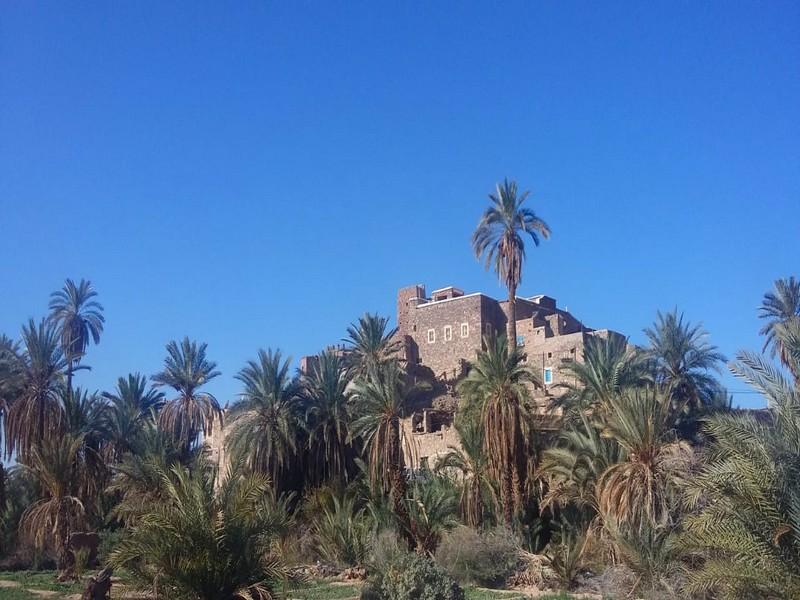


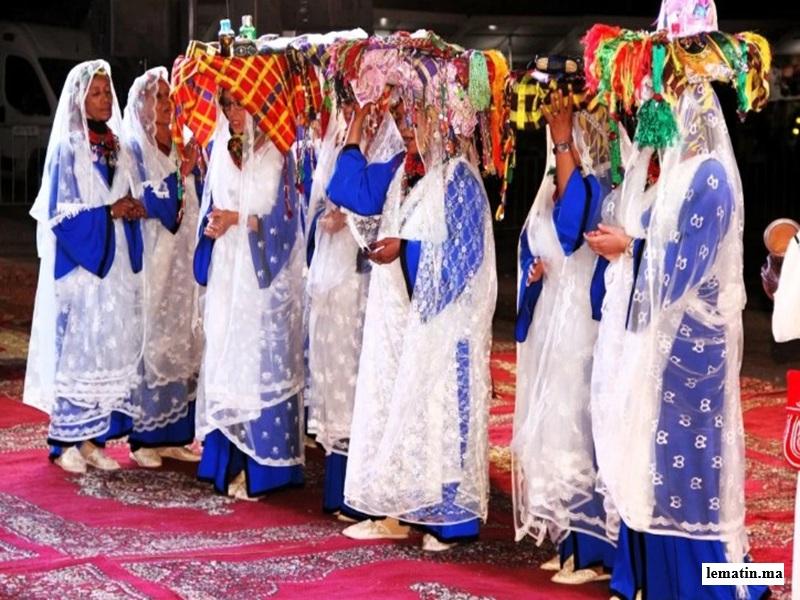
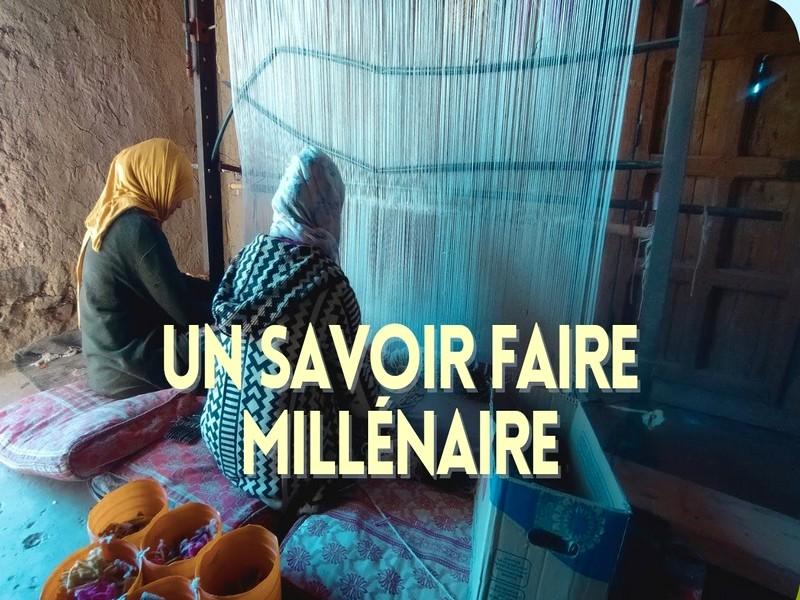
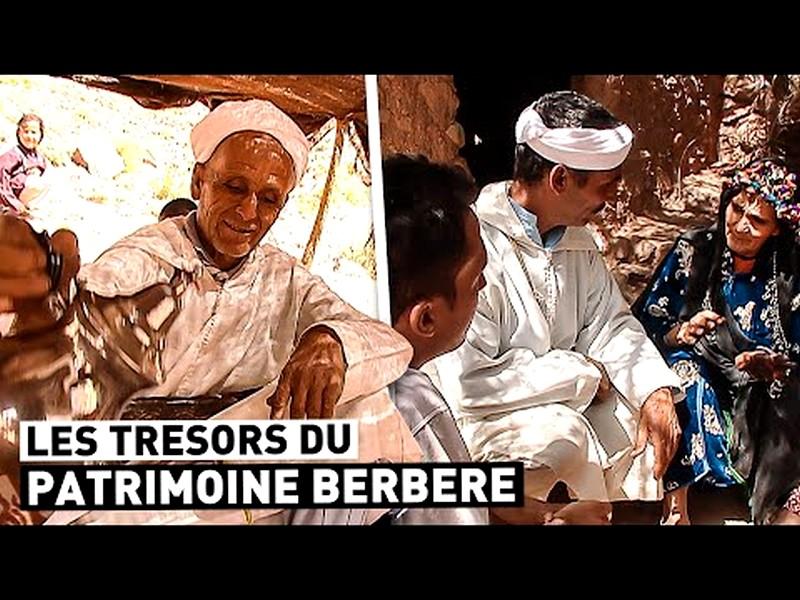
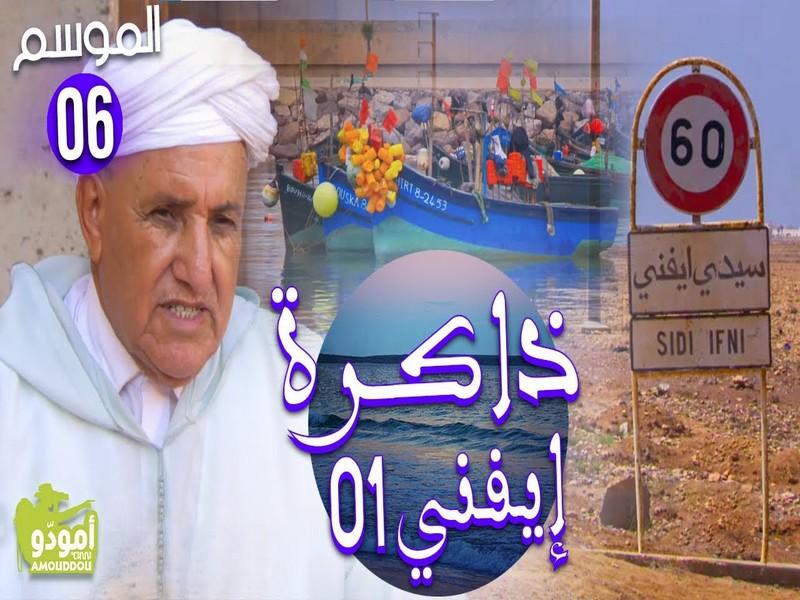

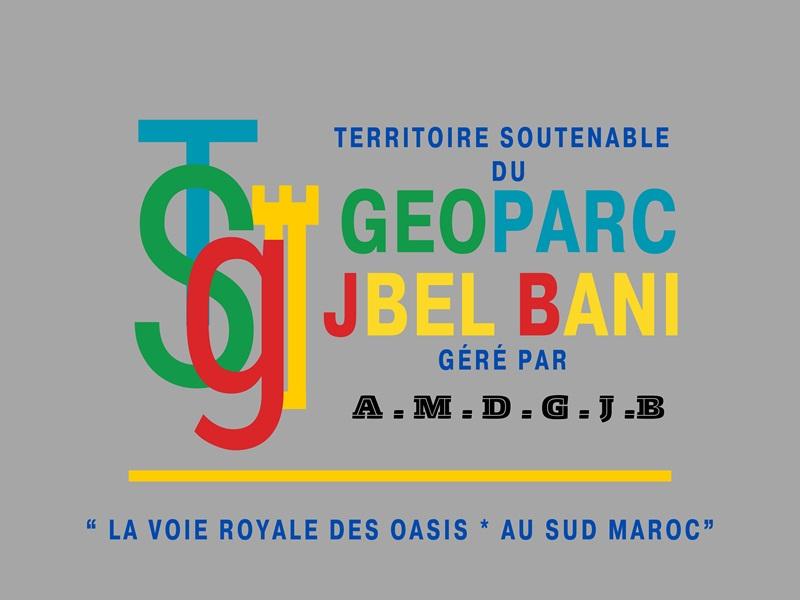
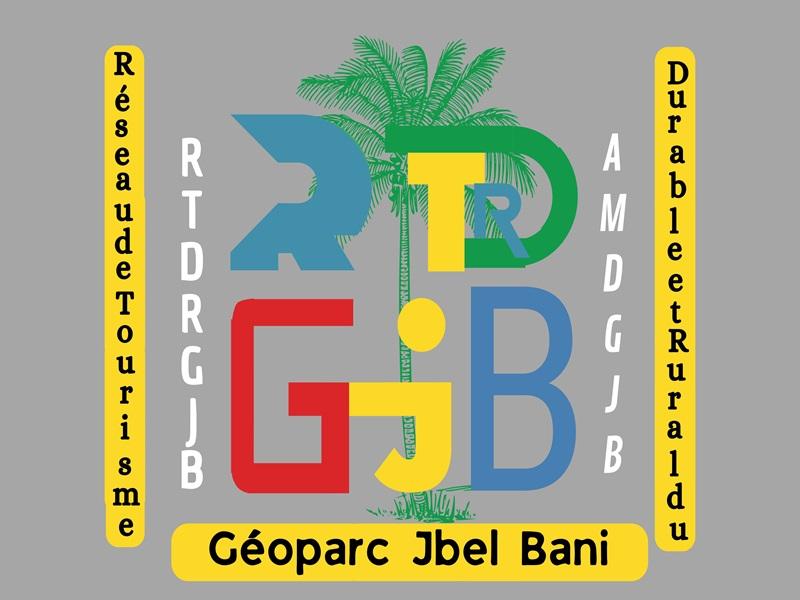
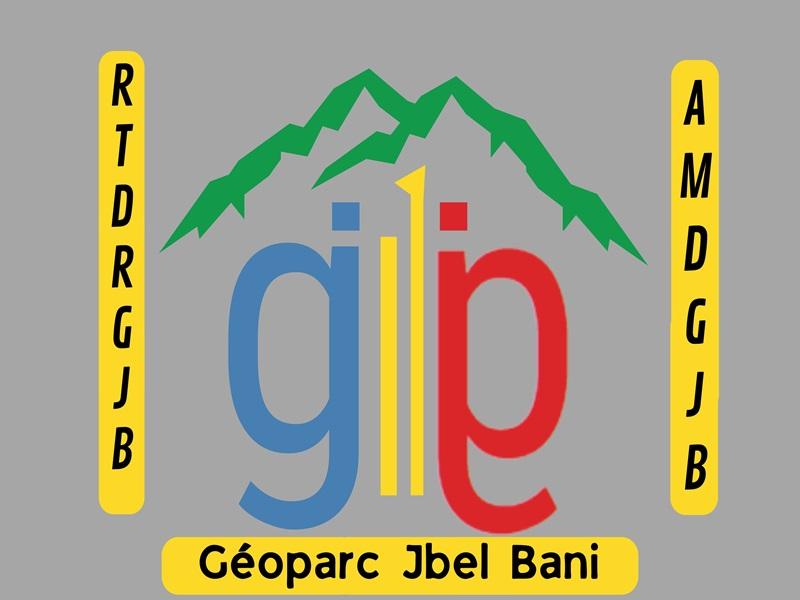
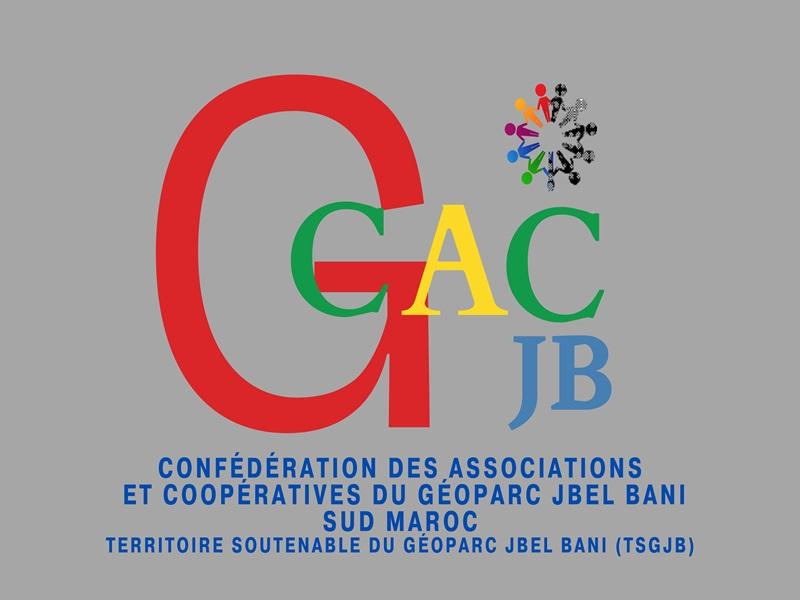
 Découvrir notre région
Découvrir notre région